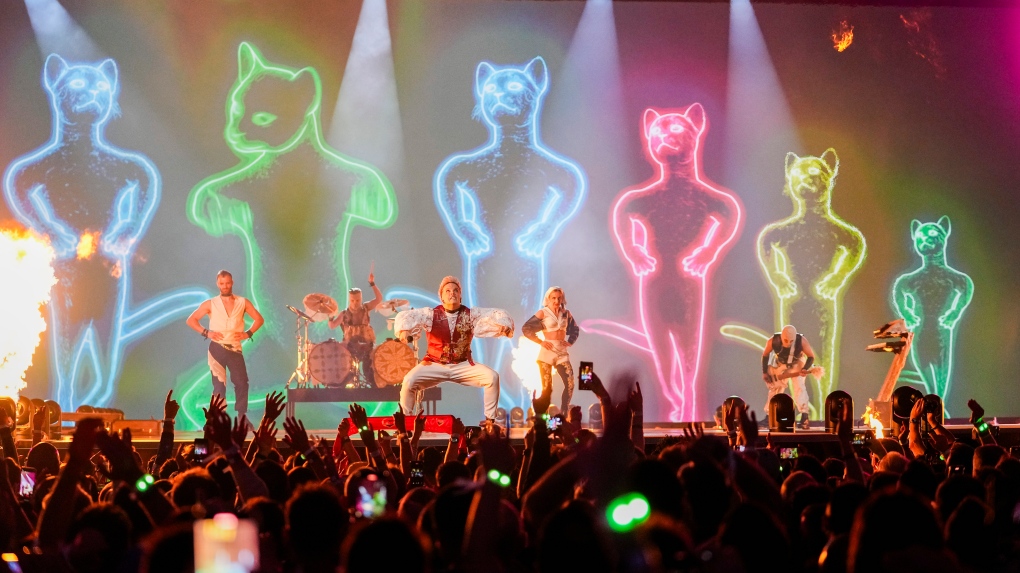


Europe’s most extravagant and beloved pop stars are out and about for the 68th edition of the Eurovision Song Contest, taking place in Malmo, Sweden.
The annual event has three live shows over five days, with artists and groups from 37 countries performing original songs, accompanied with campy and over-the-top performances, with viewers from around the European continent voting for their favourite performers via telephone.
The host nation is determined by the previous year’s winner. The Swedish artist Loreen won with her song, “Tattoo.”
The first Eurovision Song Contest took place in 1956, originally an experiment from the European Broadcasting Union to see if they could produce a cheaper, live broadcast. Only seven nations competed, and Switzerland’s Lys Assia won with her song, “Refrain.”
Through the ‘60s, 18 countries took part in the event, and that number grew after the Cold War ended, allowing socialist-based nations in Central and Eastern European to join. In recent years, the number of participants has climbed in the forties, with a record 43 competing in 2008, 2011 and 2018.
Fifty-two countries took part in at least one edition of the contest.
With this year’s event being the 68th Eurovision contest, it’s recognized by Guinness World Records as the longest-running annual international televised music competition.
In 2023, 162 million people watched the three live shows across 38 public service media markets. Some credit the event with being the first “American Idol” type of programming, where viewers can vote on their favourite singers. The Olympic-style format also encourages national pride within the European continent.
However, countries are not allowed to vote for their own nation, with some saying this results in the best performers winning, instead of it being a popularity contest.
For years, many saw the event as a friendly, apolitical event that encouraged camaraderie among European nations. But with Israel competing in 2024 amid the ongoing war in Gaza, this year’s contest has been marred with protesters.
Police estimated between 10,000 and 12,000 took part in demonstrations in Malmo, with some waving Palestinian flags. More protesters are expected for Saturday’s Eurovision Final.
Canadians can watch the event live on its YouTube channel, free of charge. Millions were tuned into the YouTube live stream for the first shows this year.
The 2024 Eurovision Final takes place Saturday, May 11, airing at 3 p.m. EDT, 12 p.m. PST.